A Year in the Hills
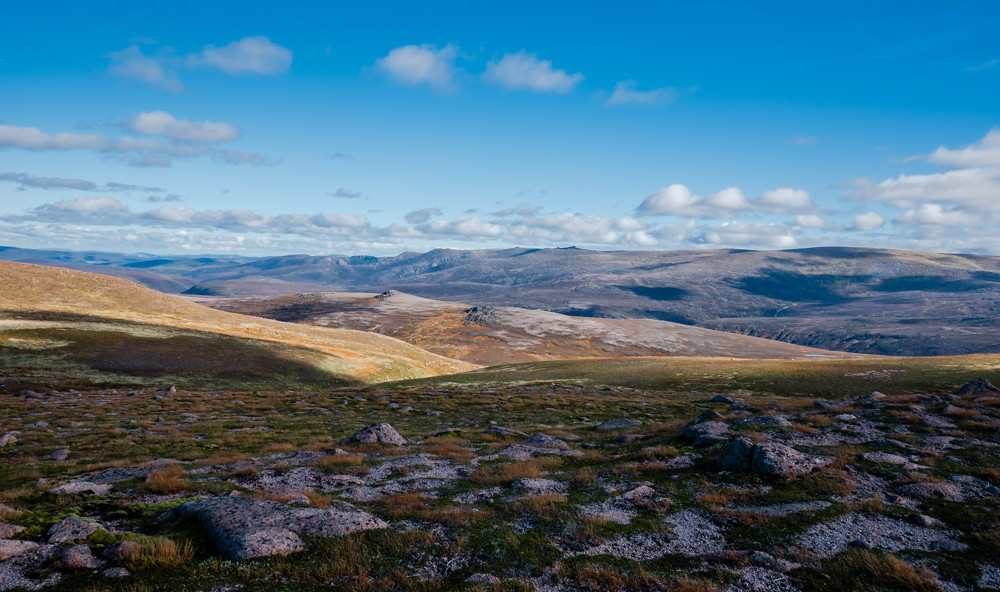
TL;DR: ~440 hours of running, 3,000km travelled, 118km ascended, an FKT set on the Assynt Traverse. Yet, the numbers don't even begin to tell the story ... »

TL;DR: ~440 hours of running, 3,000km travelled, 118km ascended, an FKT set on the Assynt Traverse. Yet, the numbers don't even begin to tell the story ... »
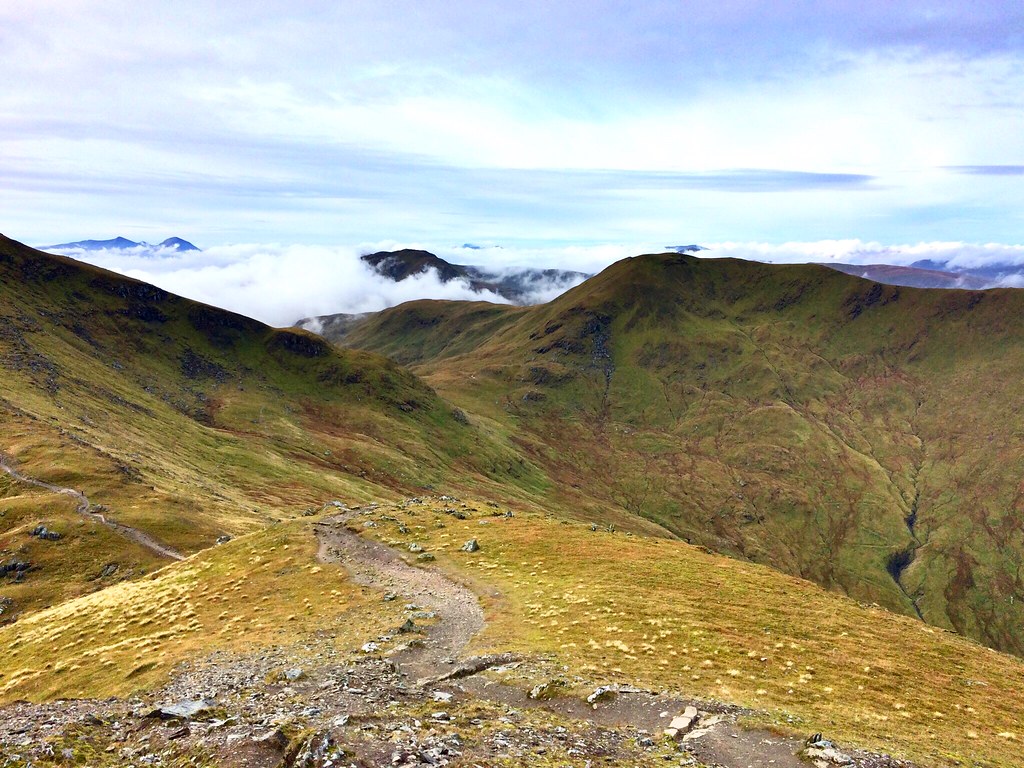
I have a thing about hills. It goes back a long way. Aged five, my granny took me on a holiday in the mountains, and I have been drawn back ever since. Forty-plus years later, out there on the high ground, the inner child comes out just as wide-eyed as when during those two weeks I listened to tales of mountain creatures, real and mythical alike, and imagined the fairies and elfs coming out after dark.
Over the years I have walked, climbed, skied and biked the hills. Now that I am wiser, I mostly run. »
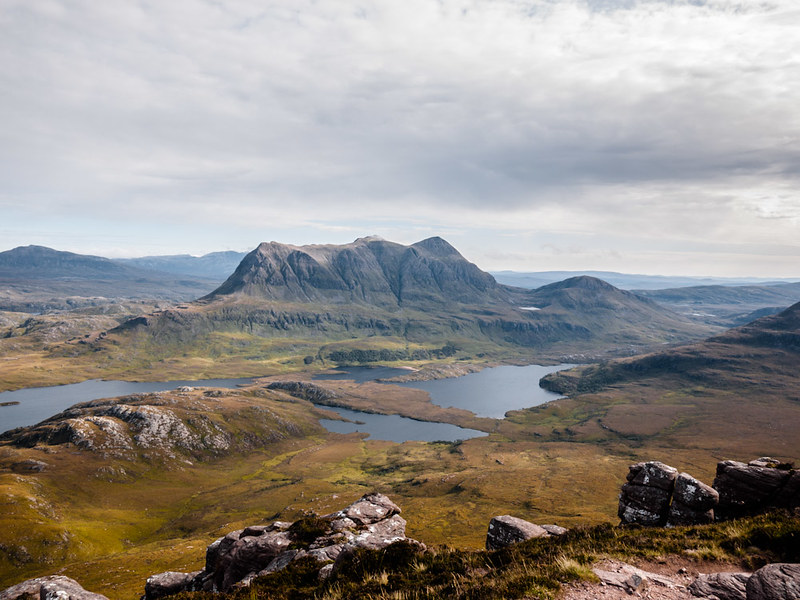
It's 2:55am and the day, which is supposed to be a culmination of a three year long dream, is being (un)ceremonially drummed in by rain on a skylight window in Inchnadamph Lodge Hostel. »
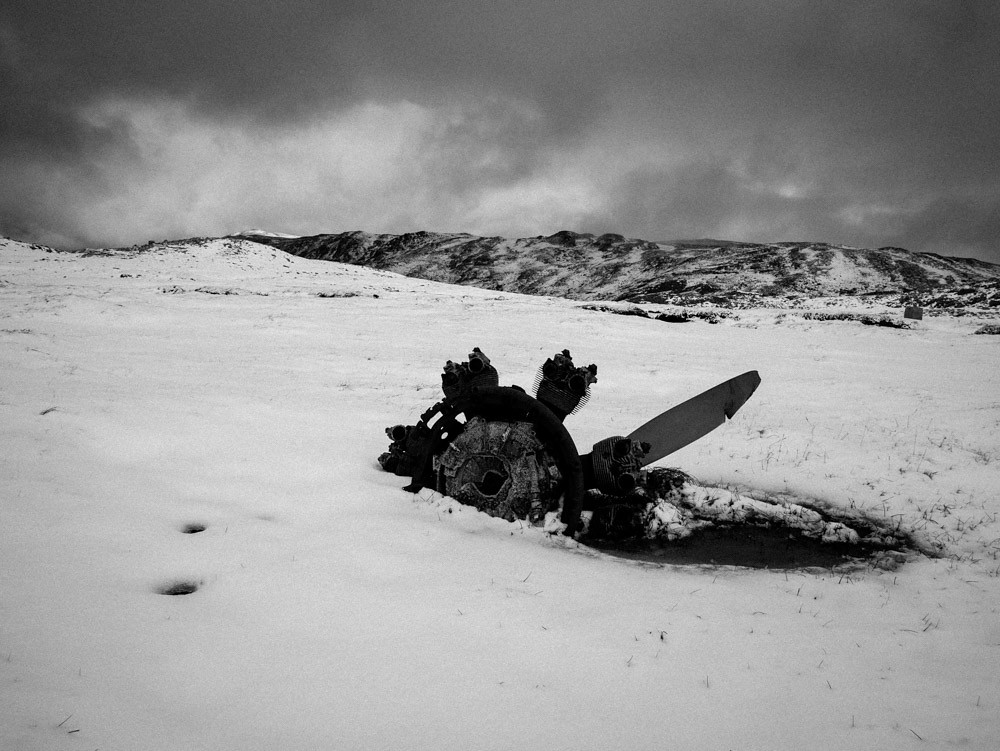
Every time I pass through the grassy bowl north of Beinn an Fhurain, a shiver runs down my spine. Here a temporal singularity is created by the intersection of the merciless nature of these 'wee hills' of ours with the brokenness of the world we have created for ourselves on the one hand, and the cruelty of fate on the other.
It's 13 April 1941. An RAF Avro Anson on a training flight suffers a second engine failure over the quartzite ridge above Inchnadamph. »
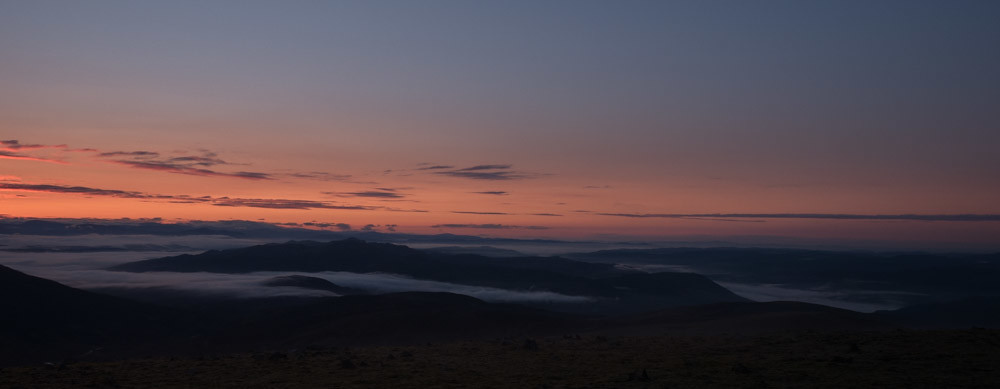
It seems that the GPS is now considered to be a part of the essential outdoor kit, and most of the people I meet ‘out there’ seem to have one (the other day I saw someone ‘navigating’ the towpath along the Forth and Clyde Canal using one). The experts even assure me that it is possible to program in hazards to keep me safe!
With all this technology keeping us on the straight and narrow, I wonder, have we stopped being explorers and became followers of (other people’s) tracks? When does adventure stop being adventure and becomes haulage? And is it really keeping me safer? »
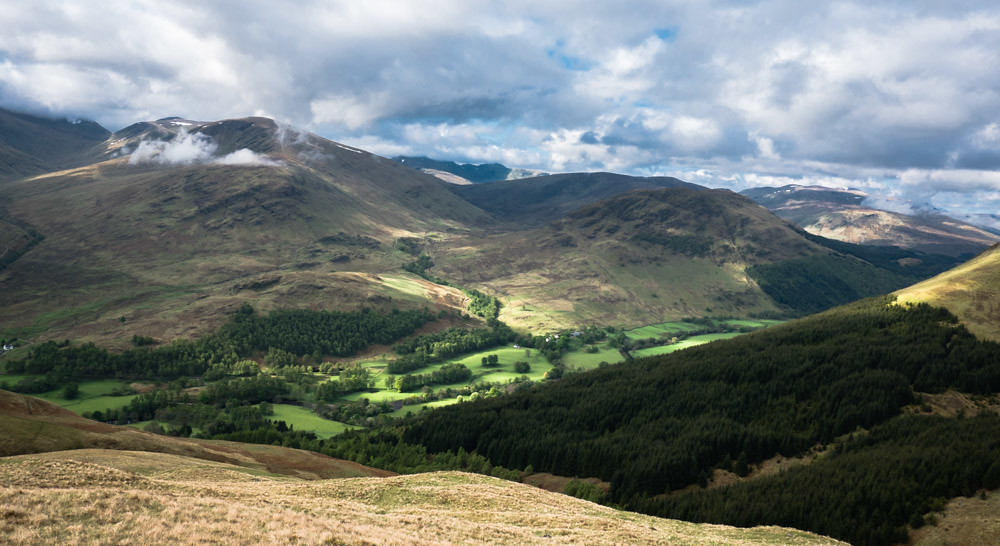
Sustainability is a nice filler word. It sounds good without sounding overtly posh, it can be moulded to mean almost anything, and, in the absence of a definition, it creates the impression of righteousness without any real commitment to anything at all. Like the childish act of repeating a single word ad nauseum to see it loose all meaning, sustainability, alongside climate change, has become one of the great vacuous cliches of our day. Yet, sustainability is a concept far too important to leave at that! It's time to claim it back, for unsustainable means the forming of an irreversible rift between past and future, while sustainability holds the promise of being in control of our collective destiny.
My interest in sustainability has a rather parochial origin and focus. I am not haunted by visions of retreating icecaps, or coastal erosion in distant lands, nor am I obsessing about renewable energy, or have a bee in my bonnet about recycling. I don't deny the importance of such 'global' concerns, but my reflections on the meaning of, and my growing sense of a desperate need for, sustainable behaviour, stem from my ventures into the Scottish 'outdoors', my increasing awareness of the impact that I, and my fellow 'outdoor enthusiasts', are having, and the realisation that we have long crossed a threshold beyond which our combined intrusion translates into permanent damage. I make no apology for the parochial focus of my thoughts -- it is important to dream big, but at times it is necessary to think small to start executing those big dreams. »
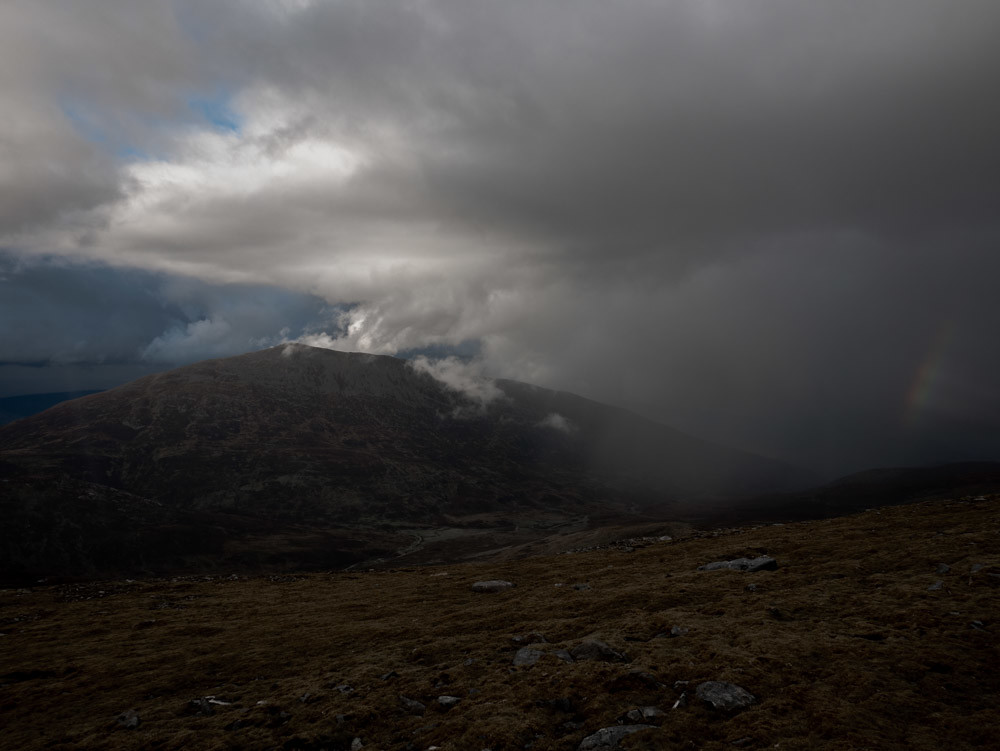
When it came to the outdoor activities of my childhood, my mother and my gran were resolute followers of the MTFU philosophy (though they are both far too well brought up to put it in such crude terms!). Rain was never an adequate excuse to just sit home and feel sorry for ourselves, indeed rain meant wild mushrooms would grow in abundance, and, let's face it, what Slav could resist that? Our family's invariable response to rain was two-fold: there was the plastic rain coat, and the morale boosting Song. »